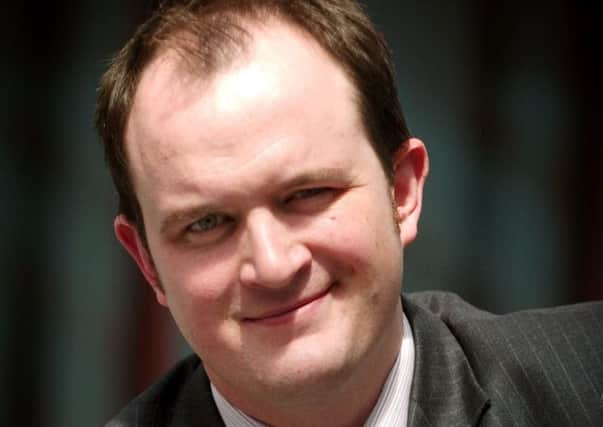No longer agreeing to disagree


There is a growing army of people, of all ages I hasten to add, who, rather than agreeing to disagree, go out of their way to get as cross with their adversary as is humanly possible. The stiff upper lip is now as much of a thing of the past in British life as the bowler hat - we now feel it is our divine right to make a scene, usually via our keyboard or smartphone.
But it is not just social media which has empowered so many to take a stand, as many of this new generation of victims are turning to the law with their complaints.
Advertisement
Hide AdAdvertisement
Hide AdAt the risk of sounding like the chap at the end of the bar, the term hate crime didn’t exist when I was a lad, but now it is almost all embracing.
I have always had a slight issue with the term because there is no such thing as a ‘nice’ or ‘love’ crime is there?
The list of hate crimes is a long one because, according to the Metropolitan Police’s own website, a hate crime is when somebody commits an offence against you ‘because of your disability, gender identity, race, sexual orientation, religion, or any other perceived difference’.
It is pretty broad.
One police and crime commissioner has claimed his force was legally bound to investigate an allegation of a hate crime after a pensioner beeped her car horn at a lady who was taking a long time to refuel her car.
Advertisement
Hide AdAdvertisement
Hide AdBut a growing number of the country’s leading police officers have spoken out at moves by some to make misogyny a hate crime.
These chief constables, including the head of the Met, Cressida Dick, argue that their under pressure officers should be allowed to focus on fighting violent crime and burglaries rather than historical allegations or misogyny.
All of us, men and women, are already protected by a raft of legislation meaning that anybody who commits a crime against us risks prosecution.
We cannot expect the police to fight every battle for us.